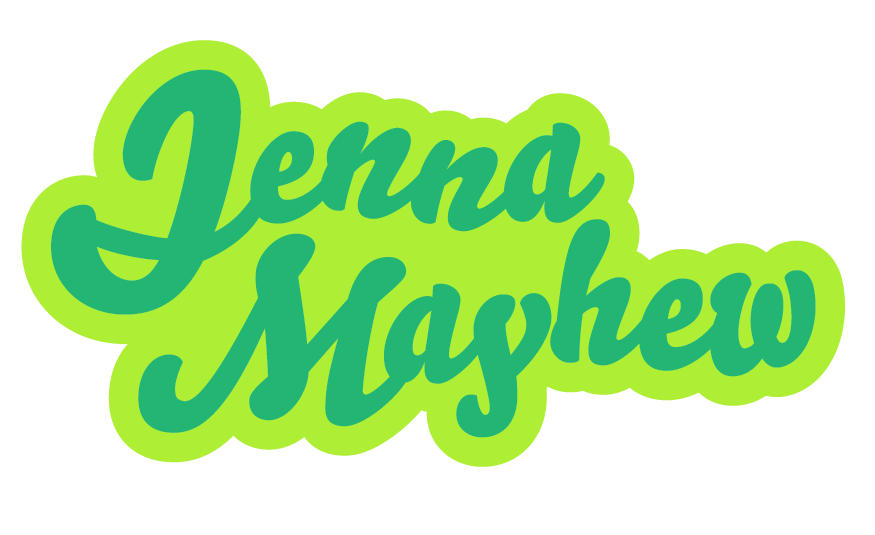Picture Perfect: Pexels as a Commons-Based Resources
Images courtesy of Pexels.
Free stock photo website Pexels is on a mission to ‘help millions of designers, writers, artists, programmers and other creators to get access to beautiful photos that they can use freely which empowers them to create amazing products, designs, stories, websites, apps, art and other work’.
Not only does Pexels allow creators of all kinds to have free access to an almost unlimited amount of high-quality imagery for both personal and commercial uses, the site ‘empowers creators’ to contribute but uploading and submitting their own photography for communal use. While Pexels doesn’t outwardly claim to be a commons-based media resource, by using phrases on their website like ‘beautiful free photos contributed by our talented community’ they’re leaning into this public-good narrative. But would we be able to truly classify the site as commons-based?
Pexels does use community participation and submissions to create their library of resources, but they also pull from other free image websites that meet their licensing qualifications. And by using the word ‘contributed’ in the phrase above, it implies that users are just free to submit and publish whatever image they want to the page, when really a Pexels photo curation team member is responsible for choosing images from user submissions to publish based on quality and internal criteria. A user may upload ten images, but the Pexels team may only deem two high enough quality to be usable.
Examples of the range of high-quality photos found on Pexels.
If we use the governance conditions outlined by Elinor Ostrom, it’s difficult to justify Pexels as a true commons-based media resource. While it’s a convenient website for creatives allowing them access thousands of high quality imagery for various projects, both commercial and personal, the power still lies with the Pexels governing body, in both asset dominion and decision making. The owners of Pexels have decided the type of photo license and it’s restrictions which determine how the resources and products downloaded are used, meaning that if a contributor submits a photo, they are donating it to the greater good with no control over the type of project it could potentially be used for. Also, if site members choose to delete a photo they’ve uploaded, those who have already downloaded it are legally still able to continue using that asset for free. Pexels visitors also are not required to attribute their work to the original photographer, thus furthering the ownership gap between creator and product. While there are straightforward mechanisms to resolve conflict among users and contributors, as per their licensing agreement, most other criteria required to be a commons-based resource are unmet.
There are also instances through Pexels’ sponsored photos where parts of this resource are being enclosed and commodified by professional photographers, third-party brands such as Adobe, and the website itself. Sponsored photos are assets from contributing partners which are available for purchase, but only done so through being redirected to their individual artist websites. While these photos are not purchased through Pexels officially, the site is facilitating purchases by allowing brands or individual contributors to partner with the website who will amplify their products. While this partnership offers targeted advertising to potential consumers, it excludes both those who are unable to pay for promotion and those who lack the budget for these purchases.
This is largely the only noticeable enclosure Pexels employs as there are not necessarily clear boundaries to keep out those who are not entitled or contributing to the resource. It could be argued that not many people outside the intended creative audience would be using this resource on a regular basis, however even within the creative community there is nothing to stop people from becoming free-riders.
As a creative and frequent user of Pexels for both personal and professional projects, I believe there is a communal need for having a free resource such as this. Often times, free stock photography websites host poor quality images unusable for certain projects, and those websites with high quality images are often expensive and come with more licensing restrictions. Pexels is a game changer for students, freelancers, and start-ups requiring professional imagery and while it doesn’t fit the criteria to be officially considered a commons-based media resource, it provides a much needed service to the creative community, regardless of their participation level.









